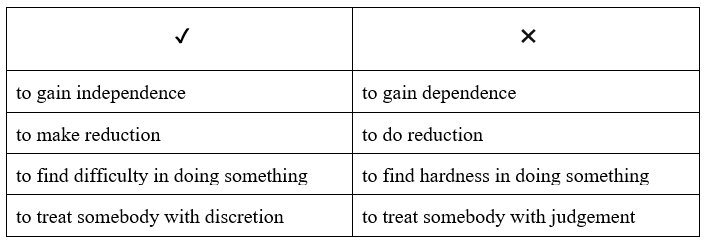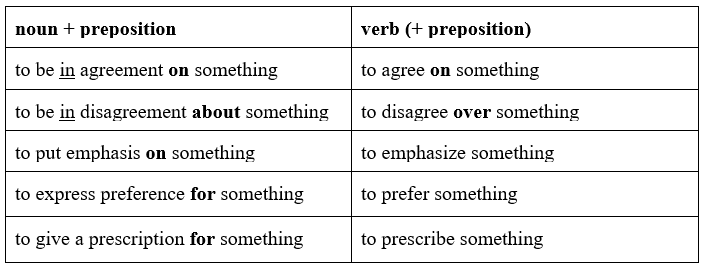Nominalization is the process of forming a noun or noun phrase from an adjective or a verb. It is especially common in formal styles of writing.
They’ve decided to stop the production of nuclear weapons. → A decision was made to stop the production of nuclear weapons.
I couldn’t understand why he was suddenly so friendly with me. → His extreme friendliness towards me kept me puzzled.
Nominalization is used for a number of reasons:
1) to avoid mentioning the agent of the action:
Scientists have been developing new chemicals for a few years now. → New chemicals have been under development for a few years now.
2) to express two clauses more concisely as one clause:
Three factories have been constructed on the outskirts of the city. This was heavily criticized by environmentalists. → The construction of three factories on the outskirts of the city was heavily criticized by environmentalists.
3) to give the sentence a different focus
The provision of financial support to the vulnerable population is one of the government's priorities. → Financial support to the vulnerable population is currently being provided, and this is one of the government’s priorities.
A few things to keep in mind:
● an adverb which modifies the verb changes to an adjective in the nominalised form:
Dozens of companies were influenced as private capital flows were suddenly halted → A sudden halt of private capital flows influenced dozens of companies. →.
● sense verbs must be followed by an adjective:
The taste of this cake is awful. → The cake tastes awful.
● active verbs must be accompanied by an adverb:
She was in a hurry while crossing the street. → She hurriedly crossed the street.
● “to be” vs “to become”. The verb “to be” is used when we’re talking about an on-going state.
They were on the verge of divorce.
I’m becoming more and more worried about her mental health.
● adjectives can’t be used as objects (they must either modify something or be preceded by a linking verb):
● transitive verbs can’t be used without objects: to lack, to prefer, to bring, to exert, etc.
● remember that not all words can collocate:

● some verbs don’t require the use of prepositions. If they do, these prepositions may change when you nominalize the phrase:
